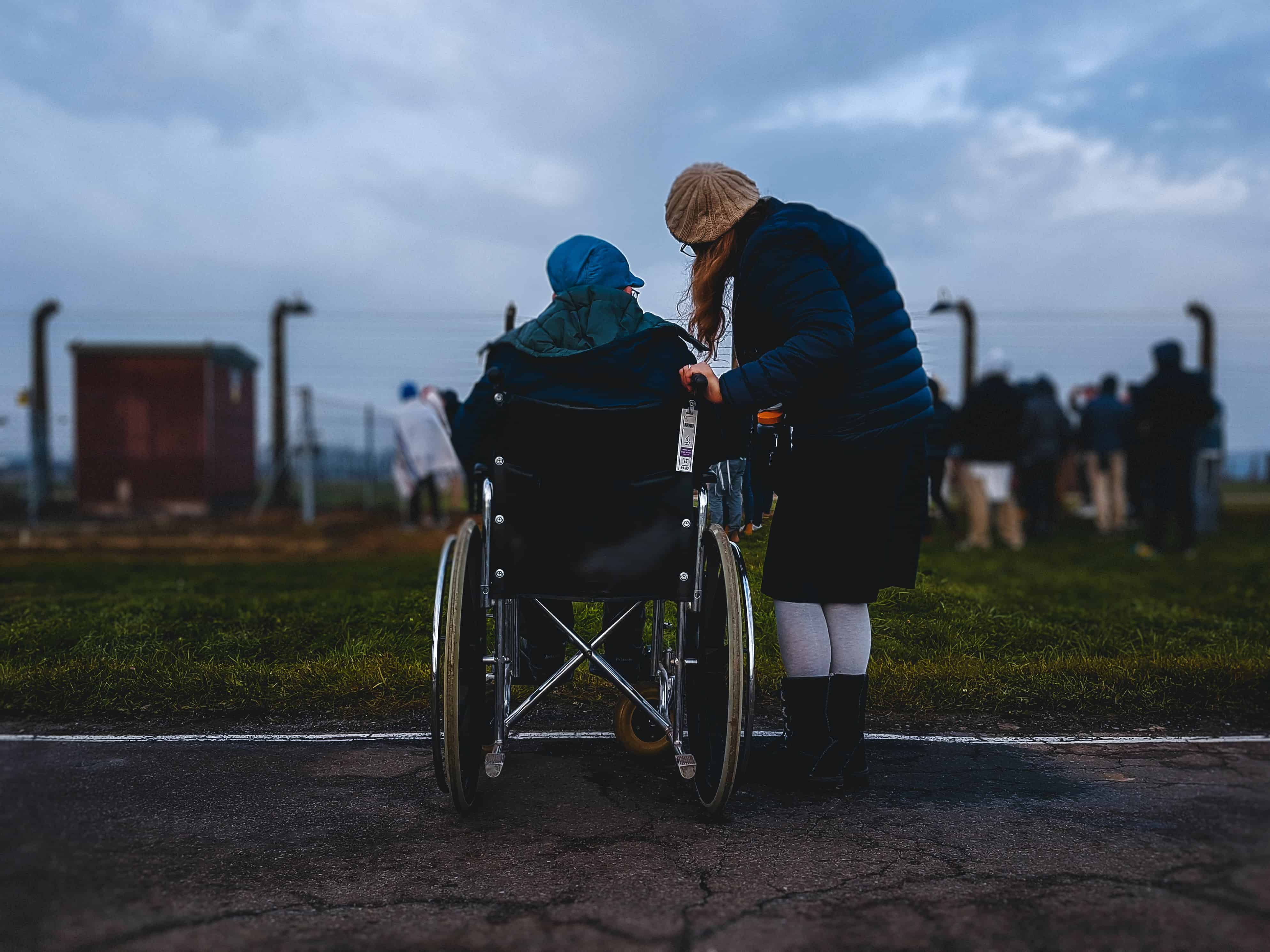What is anaesthetic awareness?
During certain operations it is necessary for the patient to be put into a state of controlled unconsciousness using a general anaesthetic. If the anaesthetic isn’t correctly administered, it is possible for the patient to wake up during the operation. This traumatic occurrence is known as anaesthetic awareness.
Unfortunately, due to the muscle relaxants and anaesthetic used, patients can’t always alert the surgeons to their awareness. Doctors know of the risk of patients waking during surgery, and will monitor for certain signals and administer further anaesthetic if required, however these signs are sometimes overlooked.
We are particularly vulnerable during an operation, and put our lives and well-being in the hands of the operating surgeons. We trust them to do what is best for us, and this includes the appropriate use of anaesthetic to prevent us from feeling any unnecessary pain or distress.
Why is general anaesthetic used?
Anaesthetic blocks the signals sent along the nerves to your brain. This means that surgical procedures can be carried out without you feeling anything. General anaesthetic is also used to put the patient into a state of unconsciousness, and has the following benefits:
- Pain relief
- Muscles relaxation
- Reduced response of the nervous system
- No awareness of the operating procedure
Different people respond differently to anaesthetic, and levels of resistance vary. This means that some patients will require a stronger anaesthetic than others.
It’s important that the anaesthetist accurately calculates how much anaesthetic is required to keep the patient at a suitable level of unconsciousness. Too much anaesthetic can lead to complications and too little can cause the patient to wake up during the operation.
Anaesthetic awareness is uncommon, but can be enormously distressing for those who experience it. When patients gain consciousness they may experience pain, and are sometimes able to recall the conversations that took place between the surgeons during the procedure.
How can anaesthetic awareness be avoided?
To minimise the risk of anaesthetic awareness, there should be a full preoperative assessment. Equipment and drugs should be checked to ensure they operate correctly and are properly labelled. Throughout the procedure the anaesthetist should regularly monitor the patient for signs of consciousness, including any reaction to pain.
When there is a failure to take these steps, this may be negligent and anaesthetic awareness may occur, often as a result of the following circumstances:
- When the amount of required anaesthetic has been miscalculated
- When an inappropriate anaesthetic technique is used
- When anaesthetic equipment malfunctions
- When there is an insufficient response to an increased level of consciousness
What to do if you’ve suffered from anaesthetic awareness
Should you have suffered with anaesthetic awareness, you may be reluctant to talk about what has happened at first, and you may understandably want to avoid any future medical treatment. Help and support is available, however, to help you get through this, and Bolt Burdon Kemp can advise you on any specialist treatment you need.
We have solicitors that specialise in medical negligence, who can advise you on where to turn for support. They will also be able to help you make a claim for compensation.
In these situations money won’t put things right, but it can make things a little better. Compensation will be claimed for the pain and distress that you’ve suffered due to the negligence, and for your expenses that have arisen as a result of the incident. This may include counselling and private medical care.






















